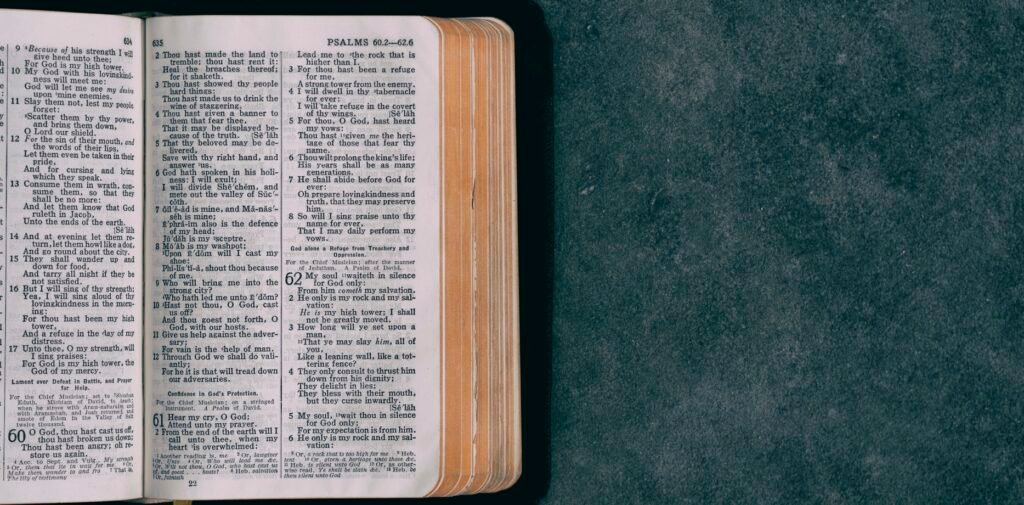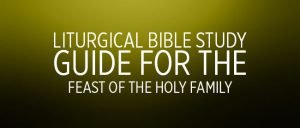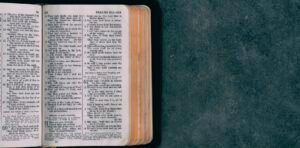Introduction
Public veneration of the Holy Cross dates back to the fourth century and indicates
that the Cross was shown to the people as a sign of salvation and victory over evil. It
celebrates the finding of the Cross by St. Helena in A.D. 320 and the dedication of the
Basilica of the Resurrection, built by Constantine over the Holy Sepulcher in Jerusalem and dedicated on this day in A.D. 335. It also commemorates the time when the True Cross was exposed for veneration in Jerusalem by Emperor Heraclius after he recovered it from the Persians in A.D. 629.
Gospel—John 3:13-17
Have you been born again? Our reading today comes from the conversation which
Jesus had with Nicodemus, a pharisee and member of the Sanhedrin. Nicodemus had asked how he could be born again; enter into his mother’s womb a second time. Jesus has told him that he must be born of water and the Spirit – at Jesus’ baptism in the first chapter of this gospel, at his water baptism, the Holy Spirit appeared in the form of a dove and came down upon him (John 1:32). Nicodemus still doesn’t understand so Jesus says “You are Israel’s teacher and you do not understand these things? We (Jesus and John the Baptist) speak of what we know, and we testify to what we have seen, but still you people do not accept our testimony. I have spoken to you of earthly things and you do not believe; how then will you believe if I speak of Heavenly things?”
1st Reading—Numbers 21:4-9
The book of Numbers is the 4th book of the Law (Torah). This title in our English
Bibles is a direct translation of the Vulgate Numeri which in turn is derived from the
Septuagint Arithmoi. It is so called because this book concerns itself with a census of God’s people and shows concern for arithmetical precision in the matter of sacrificial offerings, the spoils of war, the days required for purification, and the division of territory around the Levitical cities. Our reading for today however, doesn’t deal with numbers but instead again deals with the grumbling of the people during their wanderings in the desert; specifically, their journey to Moab which began about 11 months after the Israelites had arrived at Mount Sinai.
Second Reading—Philippians 2:6-11
Imprisoned for his apostolic activity, St. Paul knew that the local Christians were
continuing his work; the gospel was being preached. St. Paul wrote from prison to thank the Philippians for their generosity and because he had learned that Judaisers were in the area, to warn them against falling under their influence. We hear today from his exhortation to humility.





